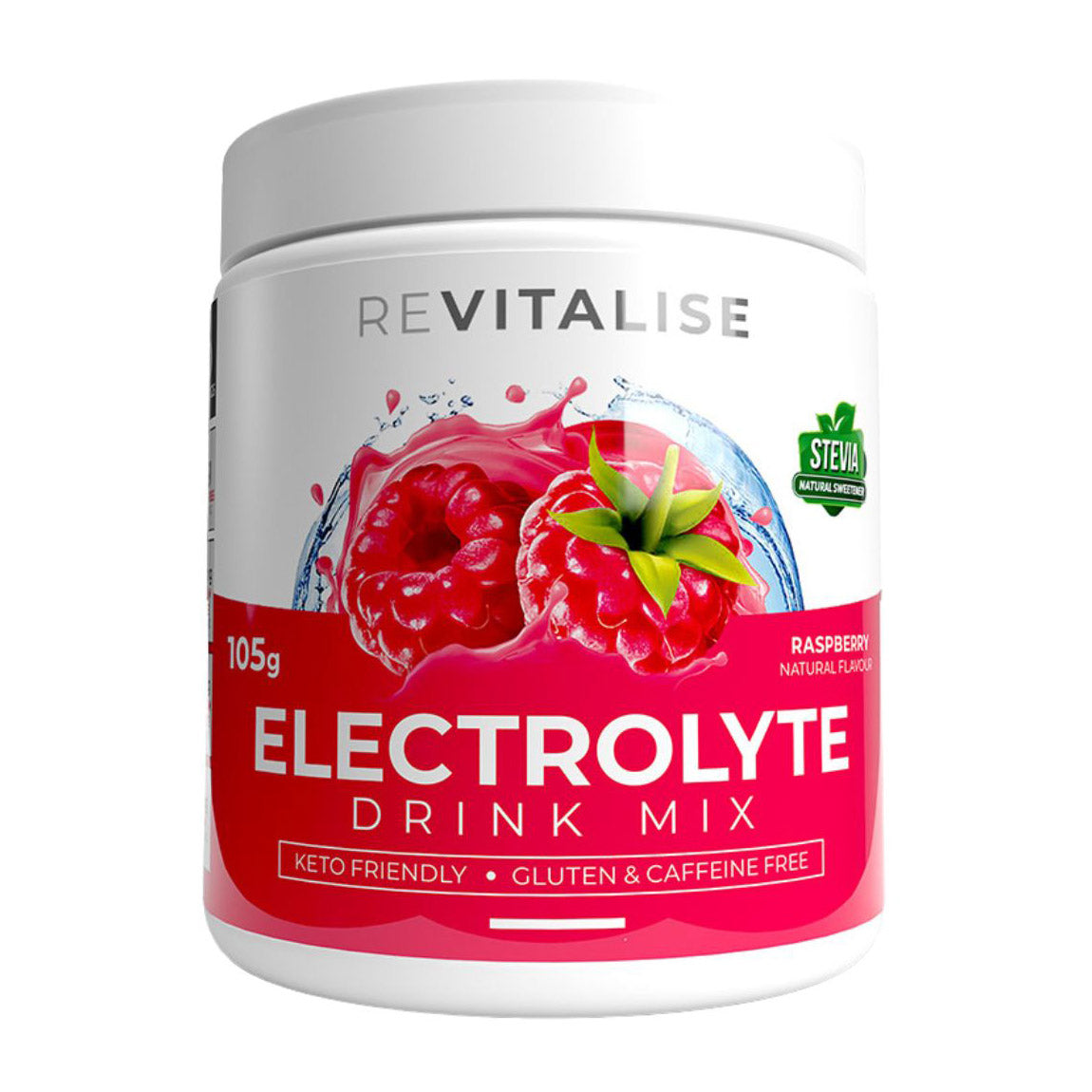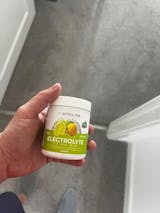Overview
Dehydration happens when you don’t get enough water. Your body is almost 60 percent water. You need water for breathing, digestion, and every basic bodily function.
You can lose water quickly by sweating too much on a hot day or by exercising a lot. Your body also loses water through too much urination. You can get dehydrated if you have a fever, are vomiting, or have diarrhea.
Dehydration can be serious. Fortunately, there are several ways to tell if you’re dehydrated. You might have symptoms even with a little water loss. Being dehydrated by even 1 or 2 percent can cause signs and symptoms. Let’s take a closer look at the indicators.
1. Skin
Your skin loses water by sweating when it’s hot. You also lose moisture through skin in cooler weather because the air is drier. Check your skin for signs of dehydration such as:
roughness or flakingflushing or redness
cracked skin or lips
cold or clammy skin
tightening or shrinking (less plump skin)
2. Breath
Your mouth and tongue may feel dry or sticky when you’re dehydrated. You might also have bad breath.
Your body needs plenty of water to make saliva or spit. When you’re dehydrated, you have less saliva. This causes more bacteria to grow in your mouth. Brushing your teeth and drinking plenty of water helps to get rid of odor-causing bacteria.
3. Urine
You may be able to tell if you’re dehydrated by looking at your urine. Dark yellow to amber urine means you may have mild to severe dehydration. You can usually tell you have healthy hydration levels if your urine is very light in color.
You may also urinate less than normal when dehydrated.
4. Constipation
Dehydration can cause or worsen constipation. You may have difficult or fewer bowel movements if you’re not getting enough water. Your stool may look dry or like small lumps.
Water is needed to help digest food and move waste along your digestive tract. Drink plenty of water to stay regular.
5. Thirst and hunger
Thirst is a sign your body needs more water. You may also feel hungrier when you’re dehydrated.
A medical review found that adults who were dehydrated often had a higher body weight. More research is needed on the link between dehydration and hunger. Getting plenty of water may help reduce food cravings. Adults who weigh more also need more water to stay hydrated.
6. Blood pressure
About 55 percent of your blood is liquid. Water loss can lower your blood volume and affect blood pressure.
The American Heart Association lists dehydration as a cause of low blood pressure. Drinking water helps balance blood pressure.
7. Tiredness
Medical research shows that dehydration can make you feel tired even when you’re rested. Men in a study on dehydration reported they felt fatigue, lethargy, and tiredness. These symptoms may be due to low blood pressure caused by dehydration. Being properly hydrated helps raise energy levels.
8. Headache
You may have a headache even if you’re mildly dehydrated. A study found that women being just 1.36 percentTrusted Source dehydrated triggered headaches.
Headache pain may be linked to low blood pressure due to water loss. Drinking water may help raise blood pressure and ease symptoms.
9. Nausea
Dehydration can cause nausea and dizziness. The nausea may lead to vomiting. This makes you lose even more water, worsening symptoms.
Nausea may also be linked to low blood pressure caused by dehydration.
10. Fainting
Severe dehydration can lead to fainting. You may feel lightheaded or faint when you stand up suddenly after sitting or lying down. These symptoms may happen when dehydration lowers your blood volume and blood pressure.
11. Heart effects
Dehydration can lead to a pounding heart. A fast heartbeat and quick breathing may be a sign of severe dehydration.
Water loss leads to lower blood volume. This makes the heart work harder to move blood throughout your body. Getting hydrated raises blood volume and returns your heart rate to normal.
12. Brain function
Your brain is more than 70 percent water. Research on men in their 20s found that dehydration slows some types of brain function. It can affect alertness, concentration and memory. Study participants made more mistakes on vision and memory tests when they were dehydrated.
Another study showed that even slight dehydration can cause driving mistakes. This includes drifting across lanes and slowed reaction time while braking. The results found that driving while dehydrated can worsen driving skills as much as if you were at the legal alcohol limit (0.08 percent in the United States), or if you were driving while sleep deprived.
13. Pain
Medical research found that dehydration may make your brain more sensitive to pain. Men in the study showed more pain activity in the brain when they were dehydrated than when they were given plenty of water to drink.
14. Mood
Studies on both men and women found that dehydration made individuals feel anxious, tense, or depressed. Adults reported their mood was lower. Tasks seemed more difficult when they were dehydrated. Mood changes, such as confusion or irritability, are signs of serious dehydration.
Babies and toddlers can lose water quickly because of their small size. Signs your baby may be dehydrated include:
a diaper that’s been dry for three hours or longercrying without tears
unusual sleepiness or drowsiness
fussiness
dry mouth
high fever
Skin test
The skin elasticity or turgor test can help you determine if you’re dehydrated. To perform the test:
- Gently pinch the skin on your arm or stomach with two fingers so that it makes a “tent” shape.
- Let the skin go.
- Check to see if the skin springs back to its normal position in one to three seconds.
- If the skin is slow to return to normal, you might be dehydrated.
Nail capillary refill test
When your nail bed is pinched, it blanches or whitens. This happens because blood is forced out. Normally, blood returns in two seconds or less. If you’re dehydrated, it may take longer for the area to return to a pink shade. To perform the test:
- Hold the testing hand above your heart.
- Press or pinch your nail bed until it turns white.
- Release the pressure.
- Count how many seconds it takes for color to return to your nail bed.
Drinking plenty of water and fluids is an important part of a healthy pregnancy. During pregnancy, you need more water because your blood volume is higher.
Nausea and vomiting in morning sickness can cause or worsen dehydration. Low levels of amniotic fluids around your baby can happen for many reasons. Drinking more water can help. In some cases, dehydration may trigger early contractions.
Signs of dehydration are similar whether you’re pregnant or not. If you’re pregnant, be sure you’re drinking 8 to 12 glasses of water every day.
In most cases, you can treat dehydration by simply drinking more water.
See your doctor if you think your dehydration may be due to an illness or a medication.
Get urgent medical help if you have symptoms of severe dehydration. These include:
stomach crampingfainting or seizures
low blood pressure
heatstroke
delirium or hallucinations
Last medically reviewed on September 28, 2018

















